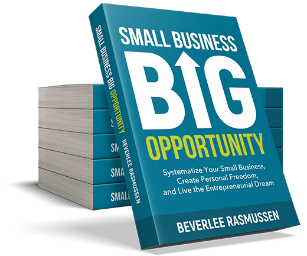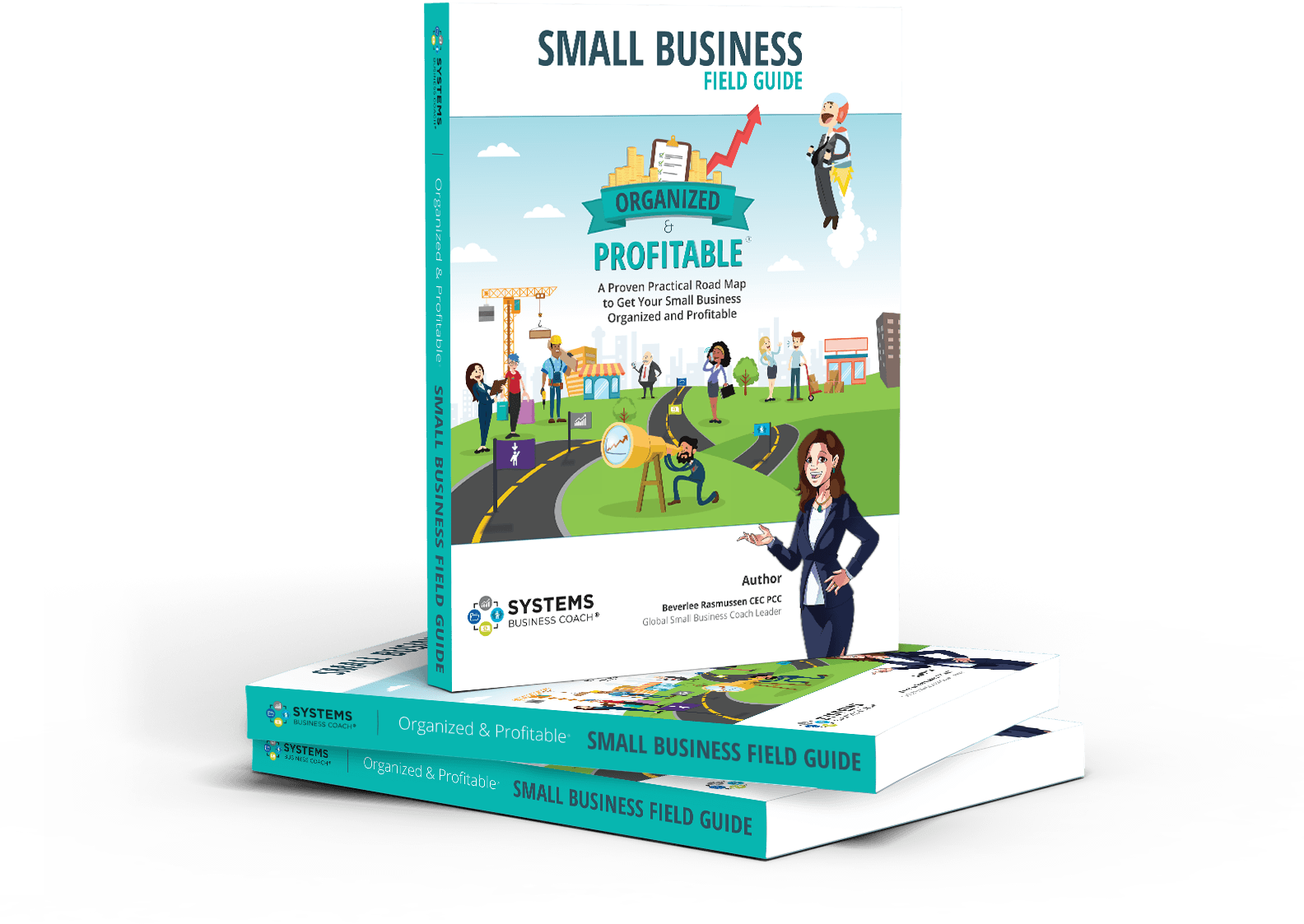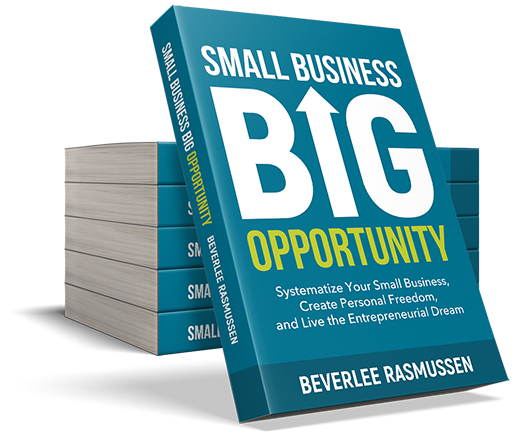Includes an overview of the different types of business structure.
When I sit down with small business owners, I get a lot of questions about business structures. But by far the most common question is “When should I incorporate?”
When you first started out it was clear which structure to pick. I have a hunch you went with Sole Proprietorship.
It is the easiest avenue to take when it’s just you, your entrepreneurial dream and the small fee to register your business.
And now your small business has grown. You have more money, and your business is more valuable. You have a lot more to lose.
(Which is such a wonderful problem to have. Congratulations!)
But is it enough that you should incorporate?
To find that out, we’ll go back to the basics of business structure.
What is business structure and why does it matter?
- Business structure is a system of organization for your business from a legal standpoint.
- It matters because your business structure affects your taxes and sets certain requirements for your business. (Ex. A sole proprietorship is not mandated to vote in a director or board member, but a corporation must.)
There are 5 different types of business structures you can choose from.
1. Sole Proprietorship
This is the simplest and most common type of business structure. It’s where you (just one person) own and manage a business.
You are responsible for all transactions, assets, debts and liabilities that the business experiences.
Plus, you get all the profits generated from the business.
2. Partnership
A partnership is a formalized working relationship between you and another individual. Together, you run the business.
Each of you contribute money, assets, talents, skills and other resources to the business.
Both of you also take part in the profits and share in the losses that the business generates.
And to ensure that all rewards and losses are shared in a fair manner, each of you sign a partnership agreement.
3. Limited Liability Company (LLC)
As the name implies, a Limited Liability Company limits the accountability of yourself and any other owners.
Unlike sole proprietorships and partnerships, a Limited Liability Company protects your personal assets.
In the event of a business failure, creditors can only go after the assets of the company and not those of the owners or shareholders.
A Limited Liability Company is relatively easy to form. And you can set-up two types:
- The Public Limited Liability Company. The public can own shares in your business.
- The Private Limited Liability Company. This type of company has a limited number of shareholders who are prohibited to publicly trade their shares.
4. Cooperatives
A cooperative is a member-owned business structure with at least five members, including you.
Each of you have equal voting rights.
The rights of all members are the same, regardless of their level of involvement or investment.
Profits from the business are shared out amongst you and the other members.
5. Corporation
A corporation is a type of business structure that is regarded by law as a distinct entity (person) separate from the individuals that have formed it.
In other words, your business takes on its own identity in the eyes of the law. (Kind of like Pinocchio becoming a real boy!)
The obvious advantage of the corporate business structure is that any debts and liabilities that derive from the business will fall on the corporation and not on to you.
5.5 S Corporations (For United States Federal Income Tax Purposes.)
An S Corporation is a closely held corporation that elects to pass corporate income, losses, deductions and credits through to their shareholders for federal tax purposes. (Which saves the corporation money.)
The shareholders report the flow-through of income and losses on their personal tax returns. Then, their taxes are assessed at their individual income tax rates, instead of the higher income tax rate of the company.
This allows S Corporations to avoid double taxation on their corporate income.
And now with this overview tucked in your back pocket, you can confidently dive into:
Why incorporate?
Is it worth it? How do I know when?
You should incorporate your business if you:
- Make a certain amount of money and can save on taxes.
- Want to expand your funding resources
- Need to protect yourself in a high-risk business.
- Enter a partnership.
How incorporating can lower your tax rates.
One benefit of changing to a corporation is saving money on your taxes.
When you are not incorporated, you are considered the same entity as your business.
Which means your business is taxed at your personal taxation rate. Most often this is higher than what a corporation is taxed.
For example, if you made over $160,000 in 2020 as personal income in Canada, your federal tax rate would be 29%.*
But if your incorporated business made the same amount your federal tax rate can be as low as 9%.**

Why incorporating can expand your funding resources.
Changing to a corporation helps you build your business credit. Which, over time, means you can borrow funds under your company name. ***
This gives you access to higher funding amounts and different funding options.
An incorporated business can borrow money at lower rates than an unincorporated business. ****
Incorporated businesses are more likely to be eligible for government grants and funding.
Why incorporating protects you.
When you decide to become a corporation, your business becomes a separate entity.
Meaning that all assets, expenses, debts and liabilities fall on to the company and not on to you.
So, if your business racked up bad credit and wasn’t able to access any loans, your personal credit would remain unaffected.
You’d be in good standing to access funding.
Corporations also have limited liability.
This means you’ll only be accountable for what you invested in your company.
For example, if a customer slipped on a wet floor and decided to sue you, you’re at risk-amount would be calculated based on your company’s assets.
Your house, or car or other personal assets would be safe.
The same thing goes for a business partnership.
If your relationship with your partner turns sour, and they decide to sue, they can only sue for business expenses.
So, if you consider your business to be high-risk, you’ll be better protected if you incorporate.
That way only the business will crumble if it fails.
You’ll be secure and able to try again on another business venture.
Is incorporating right for you?
When and why you decide to incorporate depends on the unique financial and operating needs of your business.
- Will it help you financially?
- Are you in a high-risk situation where you need to protect your personal assets?
- Do you want access to different funding resources?
Your business structure is an essential system that informs how you run your business.
Although you can do the groundwork, I highly recommend working closely with your accountant AND your lawyer to determine which business structure is the best fit for you.
Until next time, enjoy your Entrepreneurial Journey!

Sources
*Financial Consumer Agency of Canada. (2021, January 28). 8.2.4 Tax brackets and rates – Canada.ca. Canada.Ca. https://www.canada.ca/en/financial-consumer-agency/services/financial-toolkit/taxes/taxes-2/5.html
**Canada Revenue Agency. (2020, April 24). Corporation tax rates – Canada.ca. Canada.Ca. https://www.canada.ca/en/revenue-agency/services/tax/businesses/topics/corporations/corporation-tax-rates.html
***Kohler, M. J. (2015, April 9). How to Choose the Right Business Structure. Entrepreneur. https://www.entrepreneur.com/article/244190
****Canada. (2020, December 17). Benefits of incorporating – Corporations Canada. Canada.Ca. https://www.ic.gc.ca/eic/site/cd-dgc.nsf/eng/cs06641.html











